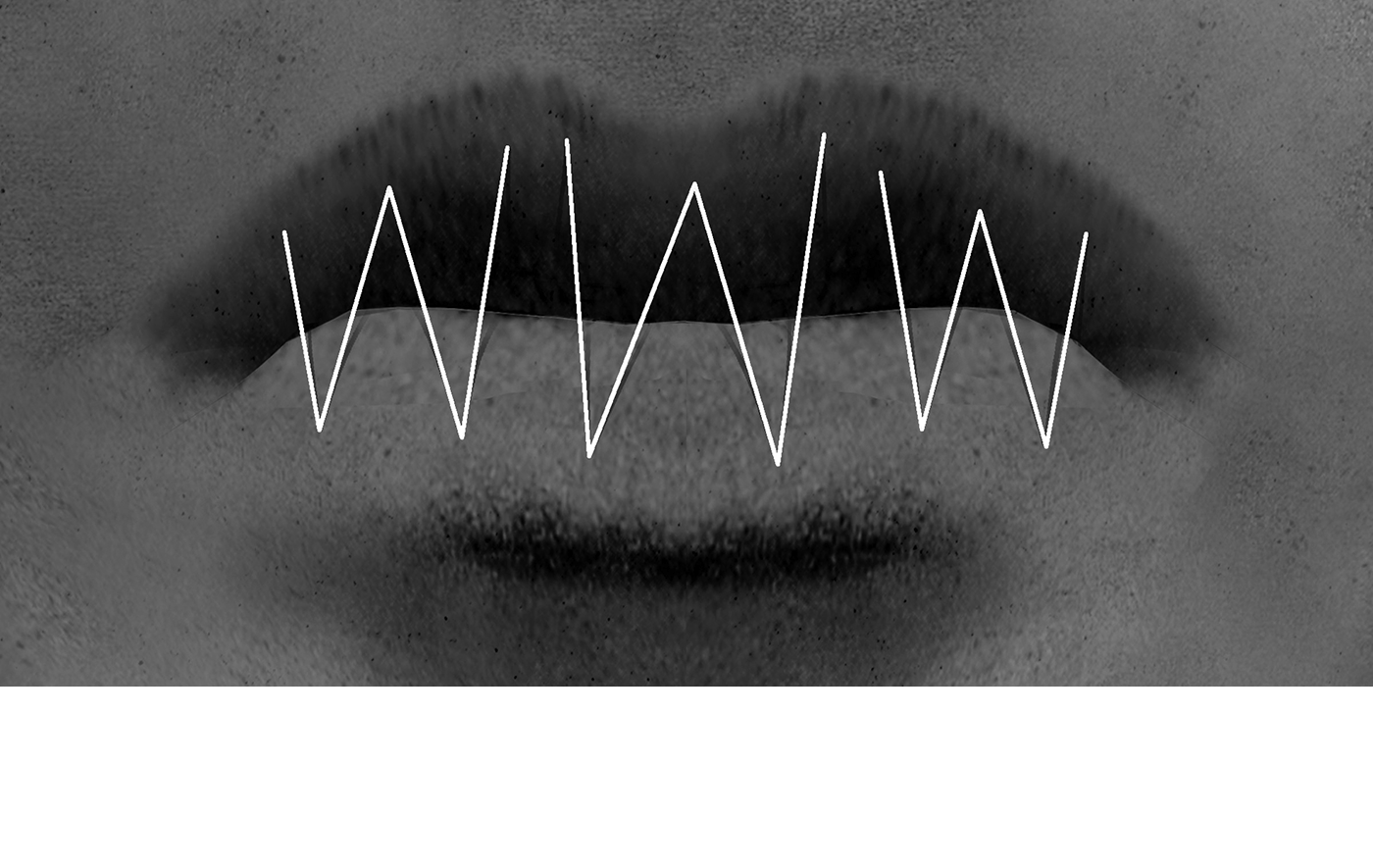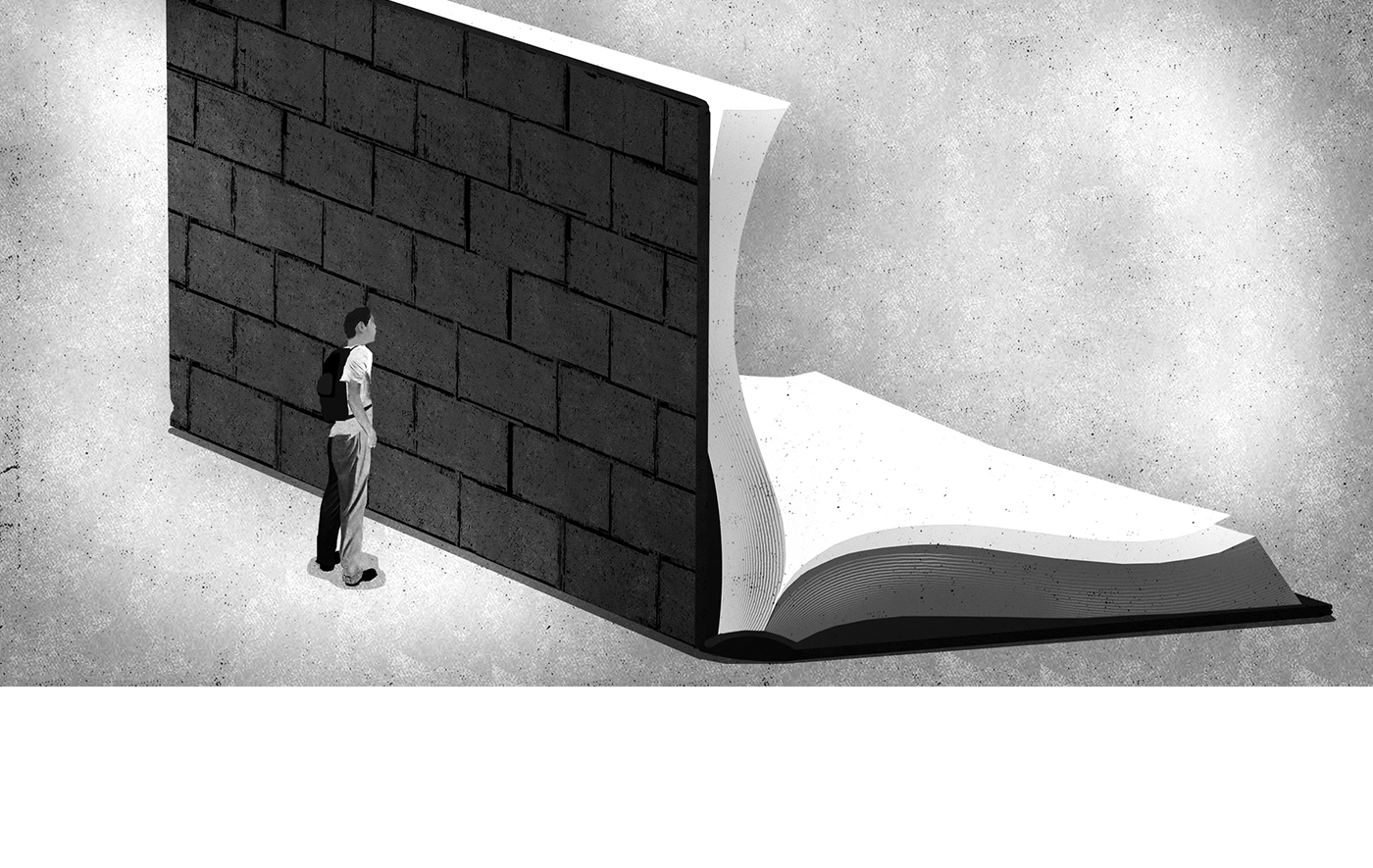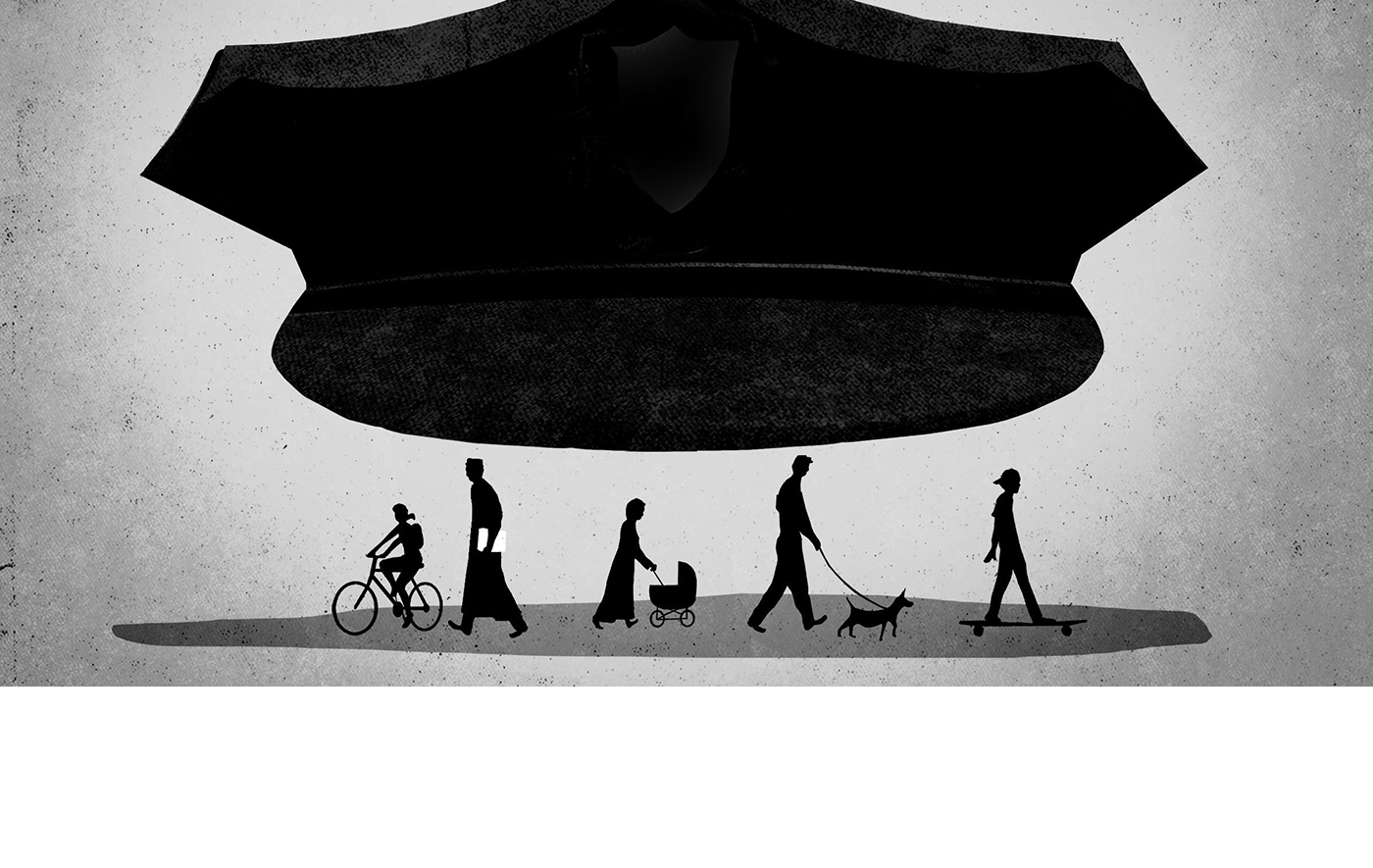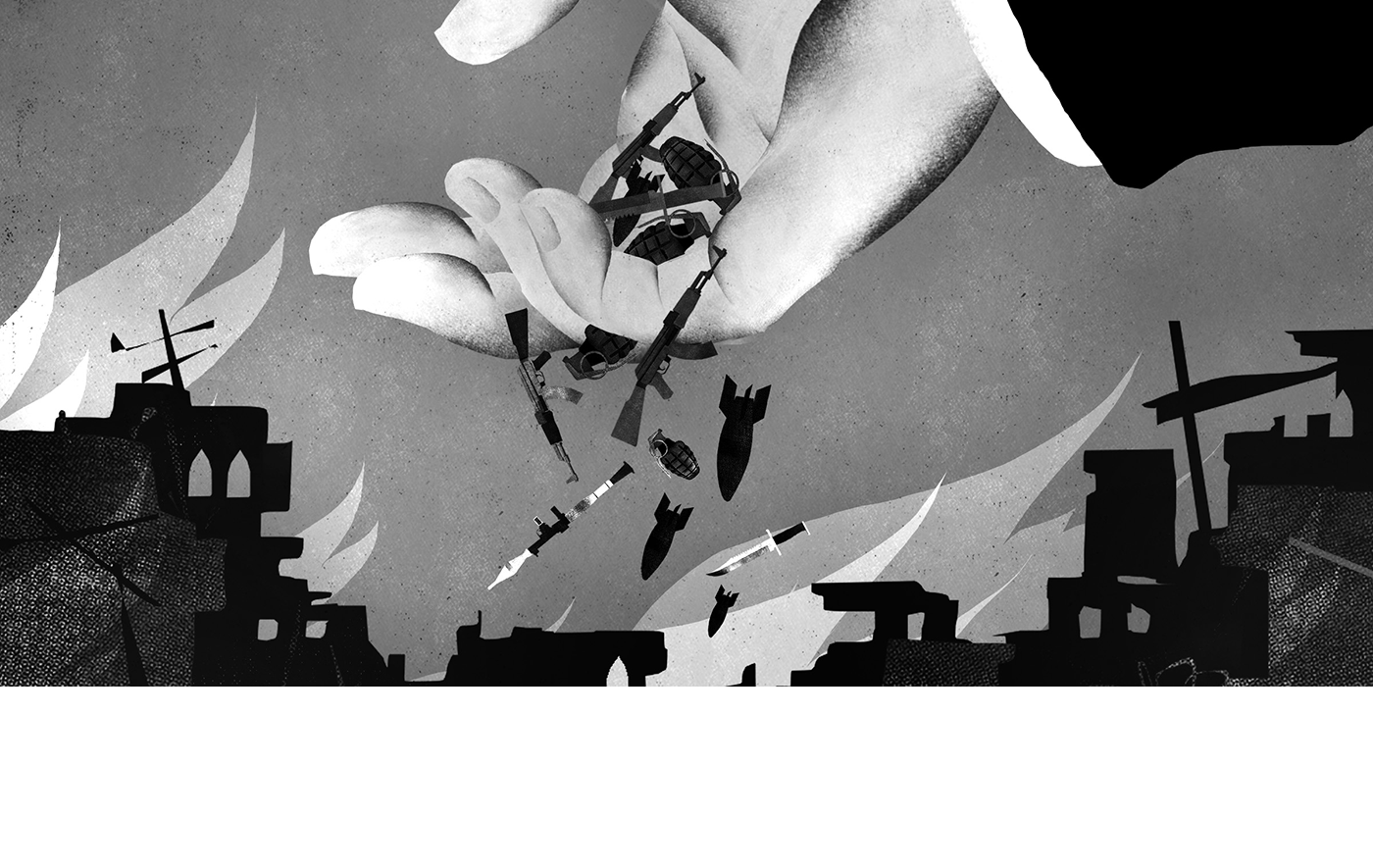Statelessness remains a key concern. UNHCR estimated that as of late 2015, around 252,000 of the country’s population is effectively stateless (referred to by authorities as “noncitizens” or “persons with undetermined nationality”). Despite 2013 reforms, several thousand children remain stateless.
Discrimination persists against Russian speakers, particularly in employment, language use, and education. Latvian non-citizens are barred from occupying certain posts in the civil service and other professions. They also face restrictions on owning land.
Authorities continued to sanction individuals over alleged failure to use Latvian in professional communications. According to the Latvia’s State Language Center, a government agency, 180 people were fined for violating the state language law in the first six months of 2016. In March, a cleaner in a Russian-language school was fired following a State Language Center inspection, for not having a sufficient level of Latvian. In June, a speech therapist was forced to resign her post in a kindergarten due to a similar inspection. In July, the State Language Center fined the mayor of Riga over Russian language use in social media posts by the Riga city administration. The mayor appealed.
In September, the Latvian parliament adopted in first reading draft amendments to the Law on Public Associations and Foundations, creating broad grounds for government oversight over NGOs deemed to undermine national security, public safety, and order.
According to Latvian LGBT activists, the authorities used a 2015 law on “constitutional morality education” to censor discussion about LGBT people in at least two schools in 2016.
At time of writing, Latvia had accepted a total 148 asylum seekers relocated from Greece and Italy under the EU relocation scheme.





